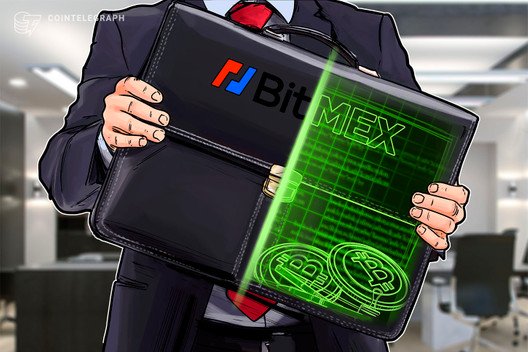1200px"},{"size":"md","label":"Medium devices","breakpoint":"> 992px"},{"size":"sm","label":"Small tablets","breakpoint":"> 768px"},{"size":"xs","label":"Smartphones","breakpoint":"> 480px"},{"size":"xxs","label":"Extra small devices","breakpoint":"< 480px"}],"position":1,"status":true},"twitter":{"url":"https://twitter.com/intent/tweet?text=%TEXT%","icon":"twitter","title":"Twitter","position":2,"status":true,"sizesAllowed":[{"size":"xxs","label":"Extra small devices","breakpoint":" 480px"},{"size":"sm","label":"Small tablets","breakpoint":"> 768px"},{"size":"md","label":"Medium devices","breakpoint":"> 992px"},{"size":"lg","label":"Large devices","breakpoint":"> 1200px"}]},"telegram":{"url":"https://t.me/share/url?url=%URL%&text=%TEXT%","icon":"telegram","title":"Telegram","position":3,"status":true,"sizesAllowed":[{"size":"xxs","label":"Extra small devices","breakpoint":" 480px"},{"size":"sm","label":"Small tablets","breakpoint":"> 768px"},{"size":"md","label":"Medium devices","breakpoint":"> 992px"},{"size":"lg","label":"Large devices","breakpoint":"> 1200px"}]},"linkedin":{"url":"https://www.linkedin.com/shareArticle?mini=true&url=%URL%&title=%TITLE%","icon":"linked-in","title":"LinkedIn","position":5,"status":true,"sizesAllowed":[{"size":"xxs","label":"Extra small devices","breakpoint":" 480px"},{"size":"sm","label":"Small tablets","breakpoint":"> 768px"},{"size":"md","label":"Medium devices","breakpoint":"> 992px"},{"size":"lg","label":"Large devices","breakpoint":"> 1200px"}]},"copy":{"url":"%URL%","icon":"copy","position":7,"title":"Copy Link","sizesAllowed":[{"size":"xxs","label":"Extra small devices","breakpoint":" 480px"},{"size":"sm","label":"Small tablets","breakpoint":"> 768px"},{"size":"md","label":"Medium devices","breakpoint":"> 992px"},{"size":"lg","label":"Large devices","breakpoint":"> 1200px"}],"status":true},"whatsapp":{"url":"https://wa.me/?text=%TITLE% %URL%","icon":"whats-app","title":"Whatsapp","sizesAllowed":[{"size":"xxs","label":"Extra small devices","breakpoint":" 480px"},{"size":"sm","label":"Small…










